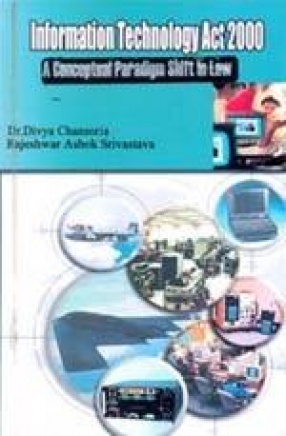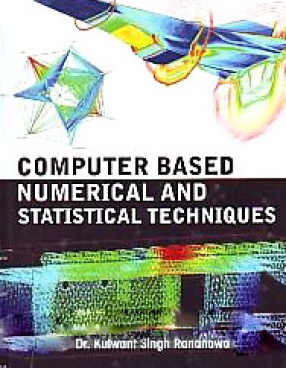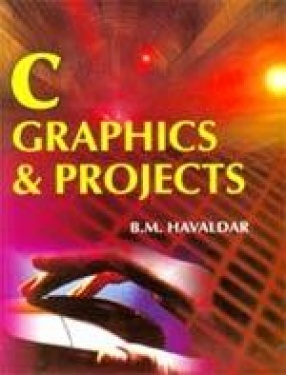Information Technology Act 2000: A conceptual Paradigm Shift in Law
In stock
As is obvious from the title of the Book, this is not the usual discussion about the Information technology Act, 2000, with commentary and case law discussed for all the sections of the Act. Therefore, it is not necessary that each and every single section is discussed and commented upon, although almost entire gamut will be covered in a fashion. All the major points will be discusses with varying details as relevant to this study. The Focus; The Focus is on the conceptual paradigm shift in law regarding the recognition of records other than paper and ink based records and, most importantly, changing the legal mindset to reconcile to a “Signature†which is not a hand signature by a pen and/or on a paper, but an invisible digital code in electronic from. An Explanation: In Part-a, we will be discussing comparatively a lot about Information Technology. This, in our opinion, is necessary, as the Act itself is named as Information Technology act. Moreover, it is a subject with which most of the legal community, in general, is not very well acquainted with. One may comment that much more than required has been written about Information technology. This is not so. The breadth and span, the extent and scope, the expanse and pervasiveness, and the autonomous thrust and penetration of information technology is breath-taking and uncontrollable. The only way for us is to adopt ourselves to this technology or perish. On top of this, the rate of change in this field is exhausting, though invigorating as well. What is state-of-art technology today is obsolete tomorrow with new, better and cheap products being available. With such blistering change, experience is almost useless; we have to relearn gain and again. Because of all these reasons it is necessary to explore this field in some details. Further details may be necessary while discussing the new concepts used first time in this Act. They will be taken up as and it becomes necessary





There are no reviews yet.